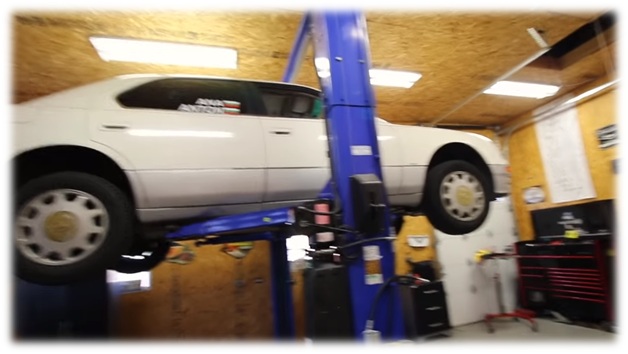Should You Repair A Broken Appliance?
It might be challenging to determine when to stop using kitchen or laundry equipment. Do you fix it when it malfunctions? Or do you bear the cost and inconvenience of replacing it? You may use our interactive tool to determine whether it would be wiser to replace your appliance rather than attempt to fix it. If you decide that you want your appliance repaired, you can contact appliance repair by Asurion.
The first thing you could consider doing is replacing an appliance if it isn’t functioning properly or at all. However, not every item that breaks needs to be completely replaced. Sometimes, what appears like a serious problem simply only a few hours of your time to replace a part. If you’re trying to determine whether to fix or replace a malfunctioning appliance, have a look at these options:
There are several benefits to appliance repair over outright replacement. Your immediate impact on your surroundings is one of these causes. Every appliance that is discarded either goes to the rubbish landfill, where it takes up space and could pose a risk to the environment, or to a recycling facility, where it sits and rusts.
Of course, there are further justifications for repairing as opposed to replacing your item. There are several ways to decide if you should entirely replace your equipment or just fix it.
Check if the appliance is truly broken before you replace it.
It may be really annoying when one of your expensive pieces of equipment doesn’t function when you attempt to use it. Take a big breath, though, and assess the situation before deciding to replace the equipment. Consider the following queries.
- Is the appliance fully plugged in?
- Does the plug you’re using work properly?
- The circuit breaker may have tripped.
- Is the ground uneven? Certain devices require a flat surface in order to function.
- Are any of the vents, traps, or filters blocked?
Verify Your Warranties
Is your annoying device still covered under warranty? If so, get in touch with a service professional to identify and solve the issue. The manufacturer or the owner of the extended warranty will cover the costs of the repairs as long as the product is still covered by its warranty.
Has the Lifespan of Your Appliance Really Ended?
Every household device has a lifespan that they deem to be useful. Your computer is probably a ticking time bomb beyond this point. In the long run, replacing a machine that has outlived its estimated lifespan in the industry would probably save you money.
The typical life expectancy of everyday appliances
- Dishwasher Lifespan: 9 years on average
- The average Lifespan of a Garbage Disposal Is About 12 Years
- Microwaves typically last around nine years.
- The average Lifespan of an Electric Cook Range is 13 years.
- The average Lifespan of a Gas Cook Range is 15 years.
- The average Lifespan of a Standard Refrigerator is About 13 Years
- Average Lifespan of a Washing Machine: 10 Years
- The average Lifespan of a Clothes Dryer is 13 years.
Is upkeep still a consideration?
Depending on whether upkeep can lengthen a device’s useful lifespan, you can choose whether to repair or replace it. By carrying out routine maintenance, you may increase the longevity of your equipment. It is preferable in this situation to fix the appliance and continue with routine maintenance.
At least once every 12 months, you should inspect the dryer’s air vents. By doing this, you can make sure that the exhaust is appropriately ventilated. The gadget operates more efficiently and works less hard when there is free airflow, which increases the equipment’s lifespan.
Repair costs for appliances
The cost of repairs affects whether you decide to repair or replace your equipment. Repairing your gadget when the prices are low is always preferable. On the other hand, it is preferable to purchase a new appliance if repair prices are on the higher side.
When analyzing repair expenses, it’s crucial to take the kind of appliance into account. The cost of buying a washer, refrigerator, or dryer is rather high. As a result, even when repair expenses are significant, they cannot equal half the price of a new item. In this case, fixing your equipment could be the preferable course of action.
The 50/50 Rule should be followed.
The 50/50 cost guideline is simple to adhere to. It is preferable to replace a product rather than repair it if it is at least halfway through its typical lifespan, and the cost of repair will be 50% or more of the price of new equipment.
This cost should take into account the assessment fee, which the repairman charges to visit your home and diagnose the issue with the appliance, the cost of the part, and the labor rate quoted for fixing the equipment. Remember that the assessment charge is typically waived if the repair business you hired to assess the equipment also fixes it. Think about the advantages of repair vs. replacement if your appliance ceases functioning as you have come to expect it to.



